Quick Guide to High Deductible Health Plans, HSAs, & FSAs
In Triage Health's free Quick Guide to High Deductible Health Plans, HSAs, & FSAs, you'll learn the benefits and limitations of a high deductible health plan and how they work with a health savings account (HSA) or a flexible spending account (FSA) to potentially save you money.
When trying to choose a health insurance plan, you may be thinking about getting an individual high deductible health insurance plan or one may be offered to you by your employer. It is important to understand all of your health insurance options, to pick the one that is best for you. Visit TriageHealth.org/health-insurance to understand your options and get tips on how to pick a plan. This Quick Guide explains the benefits and limitations of a high deductible health plan and how they work with a health savings account (HSA) or a flexible spending account (FSA) to potentially save you money.
High Deductible Health Plan (HDHP)
A HDHP is a health insurance plan that usually has a lower monthly premium, but a higher deductible. This means that you will pay a larger amount out-of-pocket before your plan will start to pay for your medical care. In 2025, HDHPs have a minimum deductible of $1,650 for individuals, or $3,300 for a family plan. For a HDHP in 2025, the total annual out-of-pocket expenses cannot be more than $8,300 for individuals, or $16,600 for a family plan. So, for example, if you have a plan with a $2,000 deductible for an individual, then you have a HDHP.
Health Savings Account (HSA)
 If you do choose a high deductible health plan, you have the ability to also set up a health savings account (HSA). A HSA is a savings account that allows you to put in pre-tax money from each paycheck to spend later on certain health care expenses. You, your employer, a family member, or anyone else can put money into your HSA account. Your employer may offer you the ability to set up an HSA, or you can set up an HSA through a bank directly. But, remember, you have to have a HDHP to set up the HSA.
If you do choose a high deductible health plan, you have the ability to also set up a health savings account (HSA). A HSA is a savings account that allows you to put in pre-tax money from each paycheck to spend later on certain health care expenses. You, your employer, a family member, or anyone else can put money into your HSA account. Your employer may offer you the ability to set up an HSA, or you can set up an HSA through a bank directly. But, remember, you have to have a HDHP to set up the HSA.
To be eligible to put money into a HSA, you must have a HDHP, must not be enrolled in Medicare, and must not be claimed as a dependent on someone else’s tax return. Federal rules limit how much money you can put into your HSA each year. In 2025, the maximum you can put into your HSA is $4,300 for individual plans and $8,550 for family plans. In addition to federal limits, your HDHP may have other limits or rules.
HSA Rules
- Qualified Medical Expenses: To get the tax benefits of an HSA, the money must be used to pay for qualified medical expenses. Qualified medical expenses can include costs spent towards diagnosis, cure, mitigation, treatment, or prevention of a disease. This also includes over-the-counter medicines, whether or not it is prescribed. You can use an HSA to pay for deductibles, co-payments, and co-insurance. However, a HSA generally cannot be used to pay health insurance premiums. See the Internal Revenue Service ‘s (IRS) full list of qualified medical expenses for more information.
- Non-Medical Expenses: You can withdraw money from your HSA for any reason, but any withdrawal that isn’t spent on qualified medical expenses will be taxed at 20%.
HSA Benefits
- Tax Benefits: Money deposited into the HSA from your paycheck is pre-tax, which means that you do not pay income tax on that money, which can save you money on your taxes. As long as you spend the money on qualifying health care expenses, the money in the account will never be taxed. You can also claim a tax deduction for any contributions made by you or someone other than your employer, regardless of whether you itemize your deductions for income tax purposes. If your employer contributes to your HSA, that amount may be excluded from your gross income
- Roll Over: Any money you contribute to your HSA stays in the HSA until you use it. At the end of the year, any unused amounts “roll over” for you to use the next year. Depending on the rules of the HSA, the funds in the account may earn interest, which is also usually not taxed.
- Portability: Your HSA stays with you if you leave your current employer or retire. This means the money in your HSA, will be available to you, regardless of your employment status.
The downside of having a high deductible health plan is that you may have a very high deductible where you have to pay for your medical expenses first before your health insurance kicks in. Having an HSA can help you pay for the deductible, but you need to have the money available to put in the savings account in the first place, so this is not a solution that works for everyone.
Flexible Spending Account (FSA)
 A flexible spending account is a savings account where you can save money pre-tax to spend later on health care expenses such as deductibles, co-payments, and other out-of-pocket costs. FSA funds cannot be used to pay health insurance premiums. There are different types of FSAs, including the Health Care FSA, the Limited Expense Health Care FSA, and the Dependent Care FSA. The Internal Revenue Service (IRS) determines what types of expenses can be reimbursed under each type of FSA.
A flexible spending account is a savings account where you can save money pre-tax to spend later on health care expenses such as deductibles, co-payments, and other out-of-pocket costs. FSA funds cannot be used to pay health insurance premiums. There are different types of FSAs, including the Health Care FSA, the Limited Expense Health Care FSA, and the Dependent Care FSA. The Internal Revenue Service (IRS) determines what types of expenses can be reimbursed under each type of FSA.
FSA Rules
- Employer Plans: Flexible spending accounts are only available through an employer. If your employer offers a FSA, you can choose how much you want to contribute to the FSA at the beginning of the year and the employer will then set aside a portion of your wages each pay period to put into the FSA. In 2025, the maximum contribution amount is $3,300 for the year.
- Qualified Medical Expenses: To get the tax benefits of a FSA, the money must be used to pay for qualified medical expenses, similar to an HSA. See above for the IRS list of qualifying expenses.
FSA Benefits
- Tax Benefits: Money deposited into the flexible spending account from your paycheck is pre-tax, which means that you do not pay income tax on that money, which can save you money on your taxes. As long as you spend the money on qualifying health care expenses, the money in the account will never be taxed.
FSA Limits
- One-Year Limit: Unlike a health savings account, the funds in a flexible spending account need to be used within the year. Extra funds remaining in your FSA at the end of the year will not roll over to the next year. But, employers are allowed (but not required) to offer one of these options:
- Provide a “grace period” of up to 2.5 months into the next year to use funds still in the FSA, or
- Allow you to carry over up to $660 (2025) to use in the next year.
- Fixed Contribution Amount: After deciding how much you want to contribute from your paycheck to the FSA, the amount is generally fixed. This means you can only change your contribution amount for that year if it is allowed by law and your employer’s FSA plan. So, it is very important to choose an amount that is realistic based on how much you think your health care expenses will be for the year.
- No Portability: Unlike an HSA, which is owned by you, an FSA is owned by your employer. If you change employers or leave the workforce entirely, you will lose any money left in the FSA, because the account does not stay with you. So, you should make sure to use the money left in your FSA before you leave your job.
Learn More
For more information, visit our Health Insurance Materials & Resources.
Sharing Our Quick Guides
We're glad you found this resource helpful! Please feel free to share this resource with your communities or to post a link on your organization's website. If you are a health care professional, we provide free, bulk copies of many of our resources. To make a request, visit TriageHealth.org/MaterialRequest.
However, this content may not be reproduced, in whole or in part, without the express permission of Triage Cancer. Please email us at TriageHealth@TriageCancer.org to request permission.
Last reviewed for updates: 02/2025
Disclaimer: This handout is intended to provide general information on the topics presented. It is provided with the understanding that Triage Cancer is not engaged in rendering any legal, medical, or professional services by its publication or distribution. Although this content was reviewed by a professional, it should not be used as a substitute for professional services. © Triage Cancer 2025
